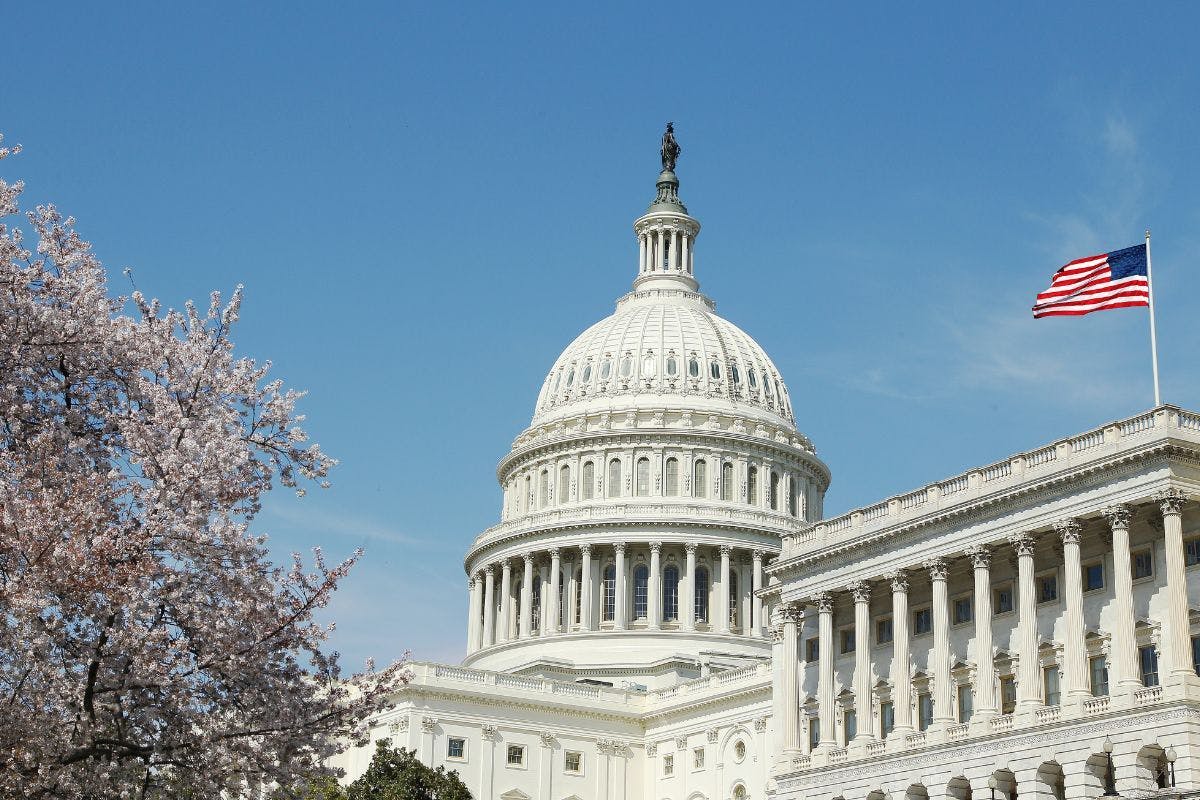Pennsylvania Solar Incentives for 2025: Net Metering, SRECs, and the Federal Tax Credit
Last edited

Author
Andrew Blok
Electrification and Solar Writer and Editor

Editor
Ryan Barnett
SVP, Policy & New Market Development

Pennsylvanians staring down high electric bills can look to home solar panels to help. By supplying your own electricity, you can reduce what you buy from your utility.
Solar incentives available in Pennsylvania can help reduce the cost of solar and boost your solar savings. Most incentives have some sort of eligibility requirement, so be sure to confirm for yourself that you qualify. Here are the three major solar incentives in the commonwealth and how you can find any local incentives available, too.
See how much you can save by going solar with Palmetto
Federal Solar Tax Credit
Across the United States, the majority of homeowners who purchase a solar energy system can apply for the federal solar Investment Tax Credit (ITC) worth up to 30% of their total system and installation cost. It’s officially called the Residential Clean Energy Credit and often referred to as simply the ”solar tax credit.”
The Residential Clean Energy Credit can be claimed against the buyer’s federal income tax liability owed during the calendar year of the solar panel installation. To put it simply, if your Pennsylvania solar panel project had a total cost of $30,000, you may be eligible to claim up to $9,000 (30% of $30,000) in federal tax credits depending on your eligibility and tax liability.
Both solar energy equipment and battery storage can qualify for the federal ITC, whether installed together or as separate projects. So, although there are no Pennsylvania-specific solar tax incentives, exemptions, or rebates, the Residential Clean Energy Credit is an extremely valuable tax credit for Pennsylvania homeowners to offset the cost of solar panels in PA by up to 30%.
The credit now expires at the end of 2025. Given installation timelines and the fact that solar panels would need to be installed by the end of the year, time is running short on the ITC.
Pennsylvania Net Metering
Net energy metering has been available in the Keystone State for over 15 years, making it one of the longest standing solar incentives in Pennsylvania. Overseen by the state’s Public Utilities Commission (PUC), all of Pennsylvania’s investor-owned electric utilities must provide 1-to-1 net metering credits for the excess solar energy generated by their residential customers.
By compensating Pennsylvania solar panel owners for the electricity they create and send to the electric grid at retail rates, net metering helps to keep homeowners’ electric bills and annual energy expenses low, thereby increasing the overall value of their solar panel system. Credits typically roll over from month to month and reset once per year in June when any excess energy is redeemed at a reduced rate called an annual true-up.
Whether you are a customer of First Energy, Duquesne Light, PPL, PECO, or another utility, we recommend reaching out to your electricity provider directly to learn more. Your eligibility for net metering in Pennsylvania can also be discovered when working with a local solar expert.
If you get electricity from a third-party supplier, it’s often a good idea to switch back to your utility. Utilities are required to provide net metering credits, while third-party suppliers aren’t.
See how much you can save by going solar with Palmetto
Pennsylvania SRECs
As another great financial incentive for Pennsylvania solar customers, SRECs (Solar Renewable Energy Credits) also compensate homeowners for the clean energy they produce. Available for residential solar installations across PA, Pennsylvania’s SRECs are a specific kind of alternative energy credit (AEC).
In short, PA SRECs can help renewable energy system owners earn real money for the clean electricity their solar panels produce. Under this solar program, energy credits are generated for every 1,000 kilowatt-hours (kWh) of electricity generated by the panels and sent to the grid.
To put this in perspective, Pennsylvania homes consume an average of 791 kWh of electricity per month. This means that PA solar systems designed to cover 100% of a property's energy demand will create about 9-10 SRECs every year, which a homeowner can then sell at current market prices.
SREC prices vary, but Pennsylvania solar owners can work with an SREC broker, like Palmetto’s partner, SRECTrade, to turn theirs into cash. For more information, see our complete guide to Pennsylvania SRECs.
SRECs go to the owner of the solar panels. If you’re leasing your solar panels, you likely won’t be able to claim them yourself.
Energy Efficiency Rebates
To further capitalize on the value of clean, renewable energy at home, Pennsylvanians may also consider taking advantage of federal and state programs for energy efficiency upgrades. By maximizing the energy efficiency of your home, your home uses less energy, thus potentially reducing how much electricity you buy.
Alongside solar, many federal energy efficiency rebates were extended and/or updated by the Inflation Reduction Act of 2022. Pennsylvania’s program offers energy efficiency rebates to low- and middle-income households for heat pumps, heat pump dryers, heat pump water heaters, electric cooktops, insulation, electrical panels, and wiring.
Pennsylvania may also be able to redeem rebates offered by equipment manufacturers. Homeowners may also be eligible for financial assistance through programs available in Pennsylvania, such as the Homeowners Energy Efficiency Loan Program (HEELP).
Pennsylvania offers rebates for alternative fuel vehicle (AFV) purchases. Like all of the programs we’ve mentioned, eligibility requirements will vary, and rebates may not be available to some individuals based on income, location, or other circumstances.
Take Advantage of PA Solar Incentives
Pennsylvania is a great place to go solar in 2025, thanks to the variety of valuable PA solar incentives offered, including net metering, the federal tax credit, SRECs, and other energy rebates.
With some federal incentives for purchasing solar winding down, third party ownership, via leases or power purchase agreements, may make more sense for you moving forward. With a TPO agreement, you make predictable monthly payments for your solar panel system (including batteries, if desired) and get installation, maintenance, and repair included.
If you’re interested in installing solar panels at your home, it’s best to work with an experienced and reliable solar installer that can identify the incentives available to you. To get an idea of how solar panels can lower your electric bill, check out Palmetto’s free solar savings calculator.
See what solar can do for you:
Frequently Asked Questions
What are the key solar incentives in Pennsylvania?
Key solar incentives you may qualify for in Pennsylvania include the federal solar tax credit, SRECs, and net metering.
Can you get Pennsylvania solar rebates?
There is no statewide solar rebate in Pennsylvania, but the city of Philadelphia has one.
What are Pennsylvania SRECs?
Solar renewable energy credits are generated anytime a solar panel system generates 1,000 kilowatt-hours of electricity. They can be sold to entities that have clean energy requirements. SREC prices in Pennsylvania vary with supply and demand but have been $25-$35 per SREC recently.
Disclaimer: This content is for educational purposes only. Palmetto does not provide tax, legal, or accounting advice. Please consult your own tax, legal, and accounting advisors.


